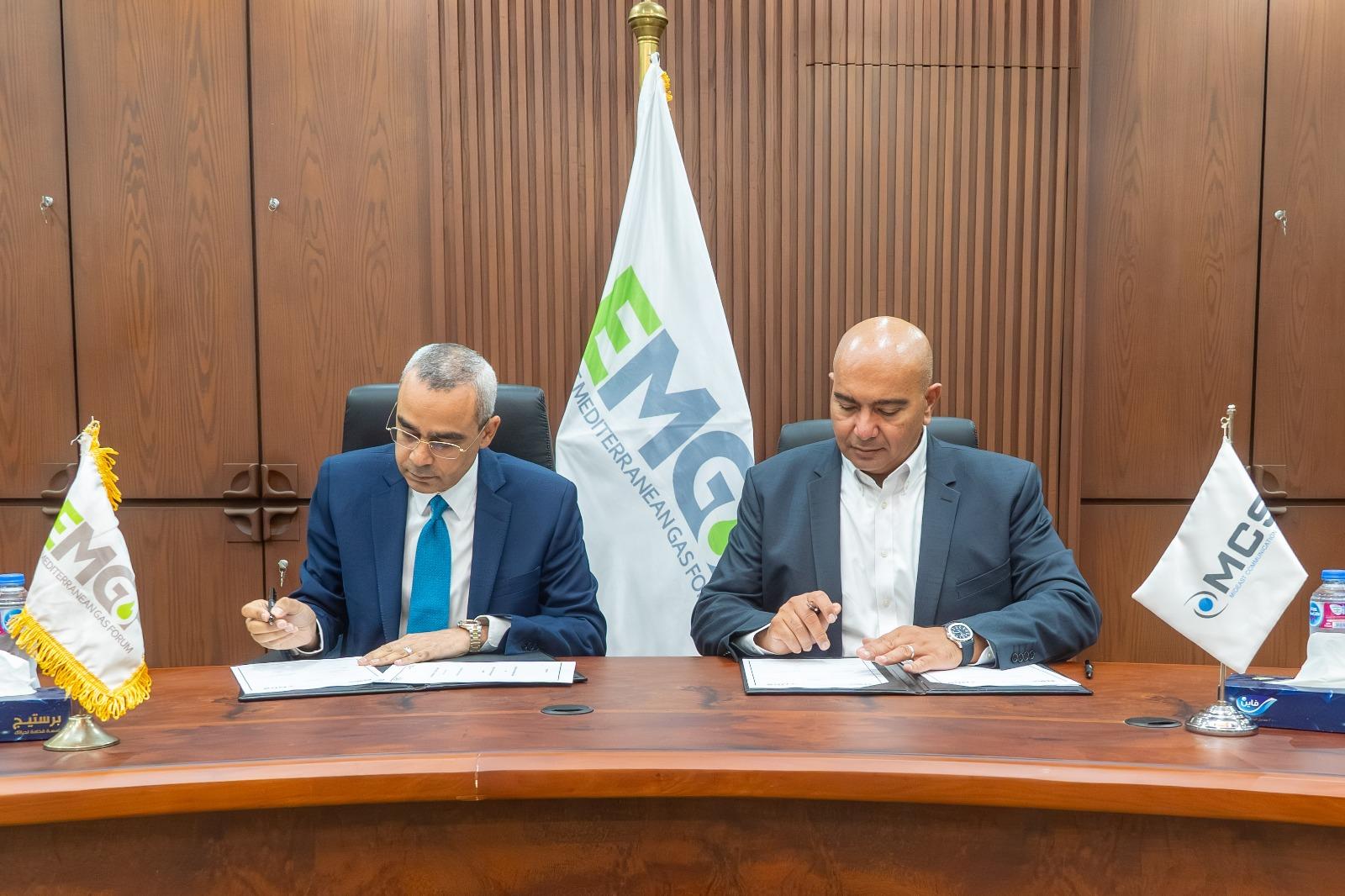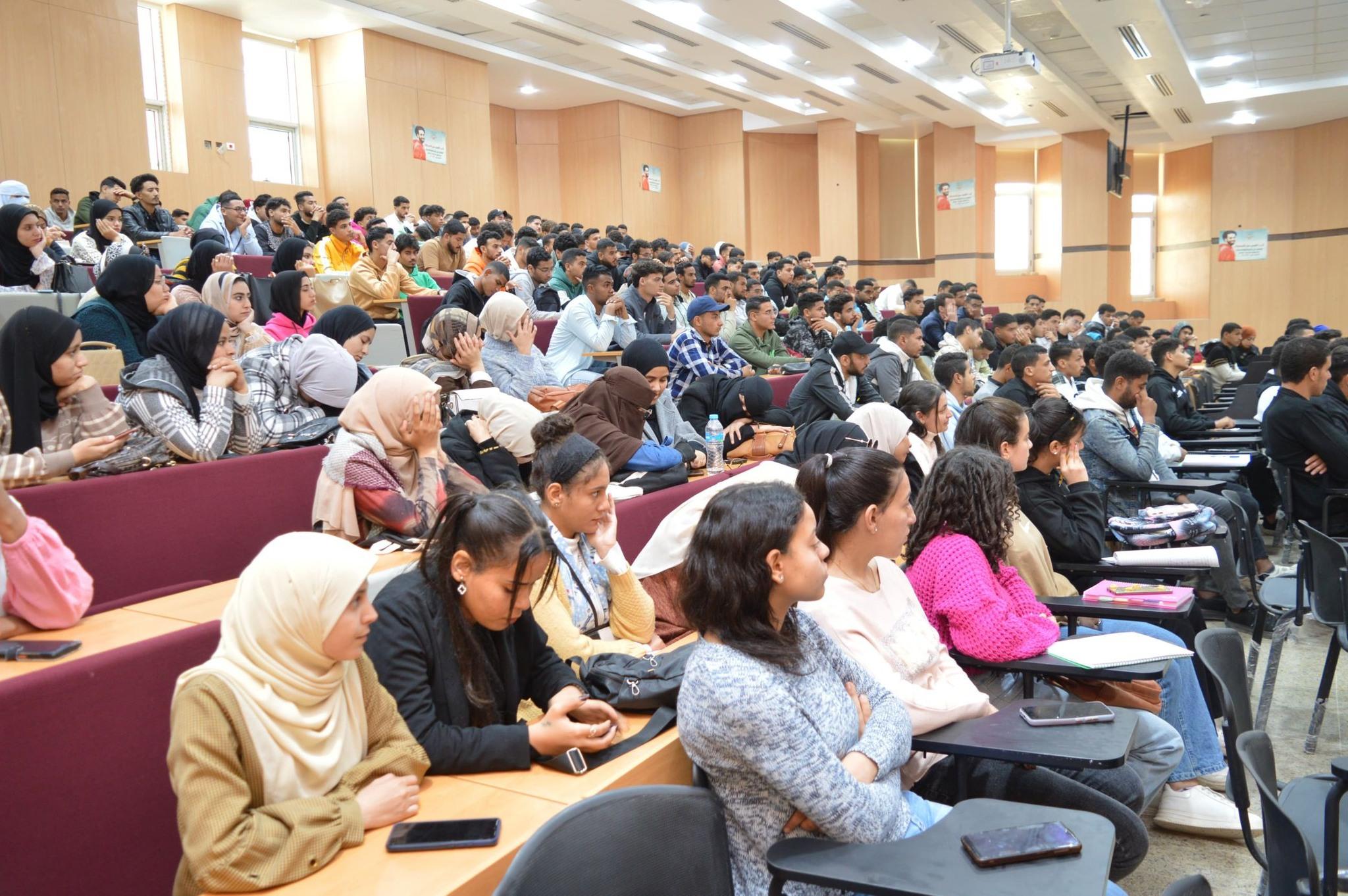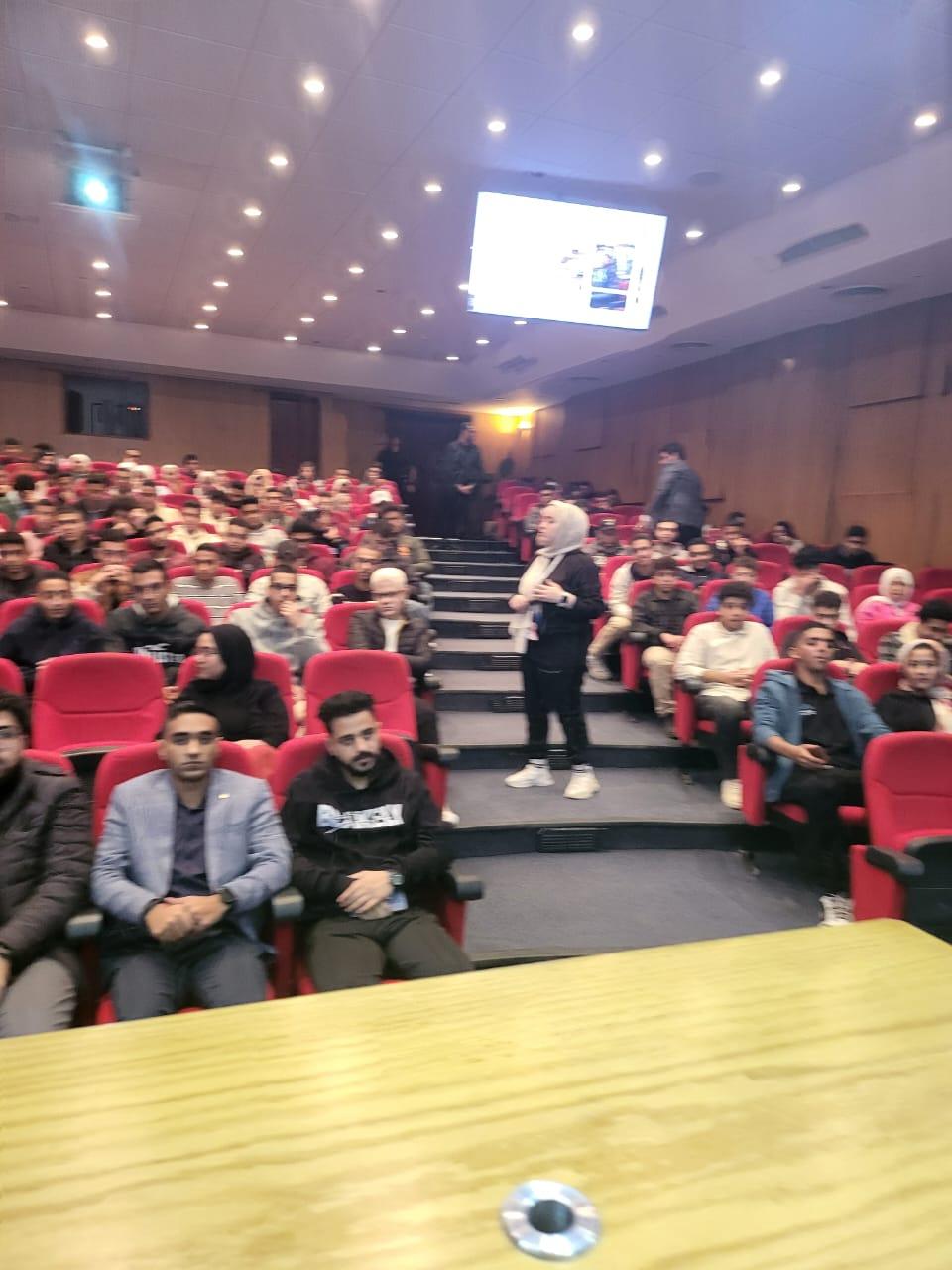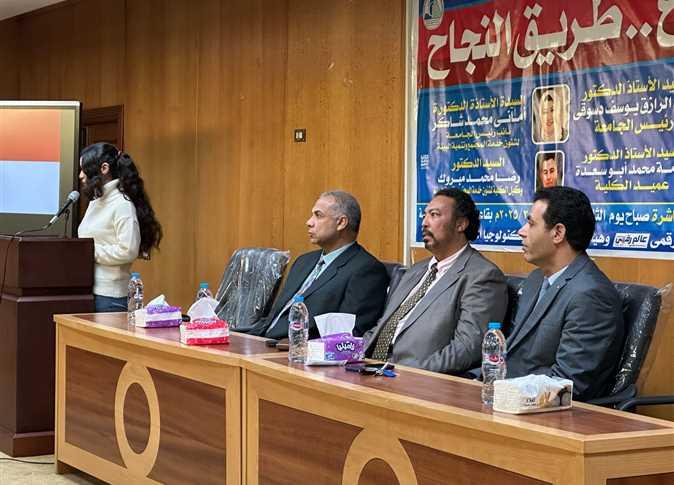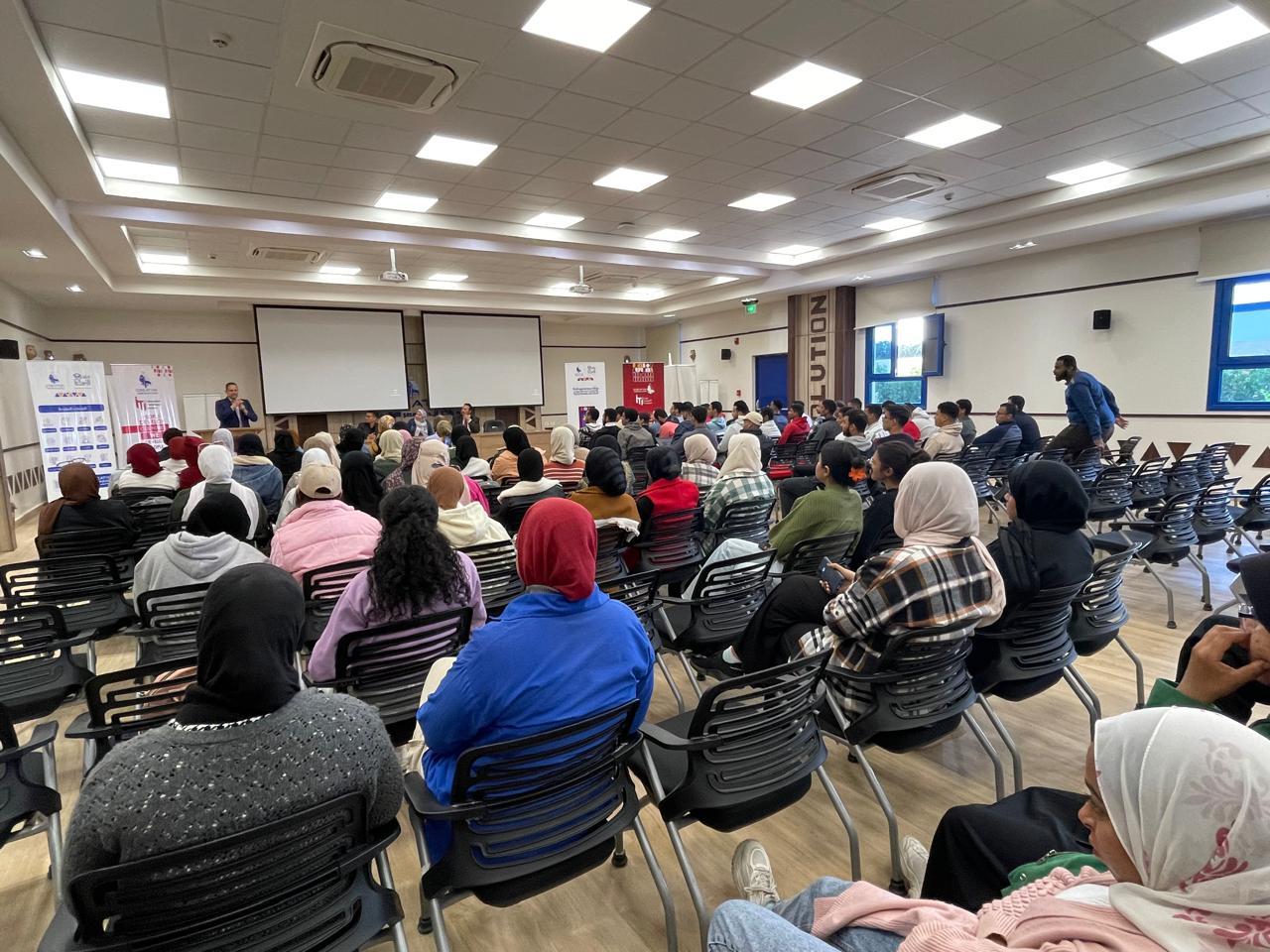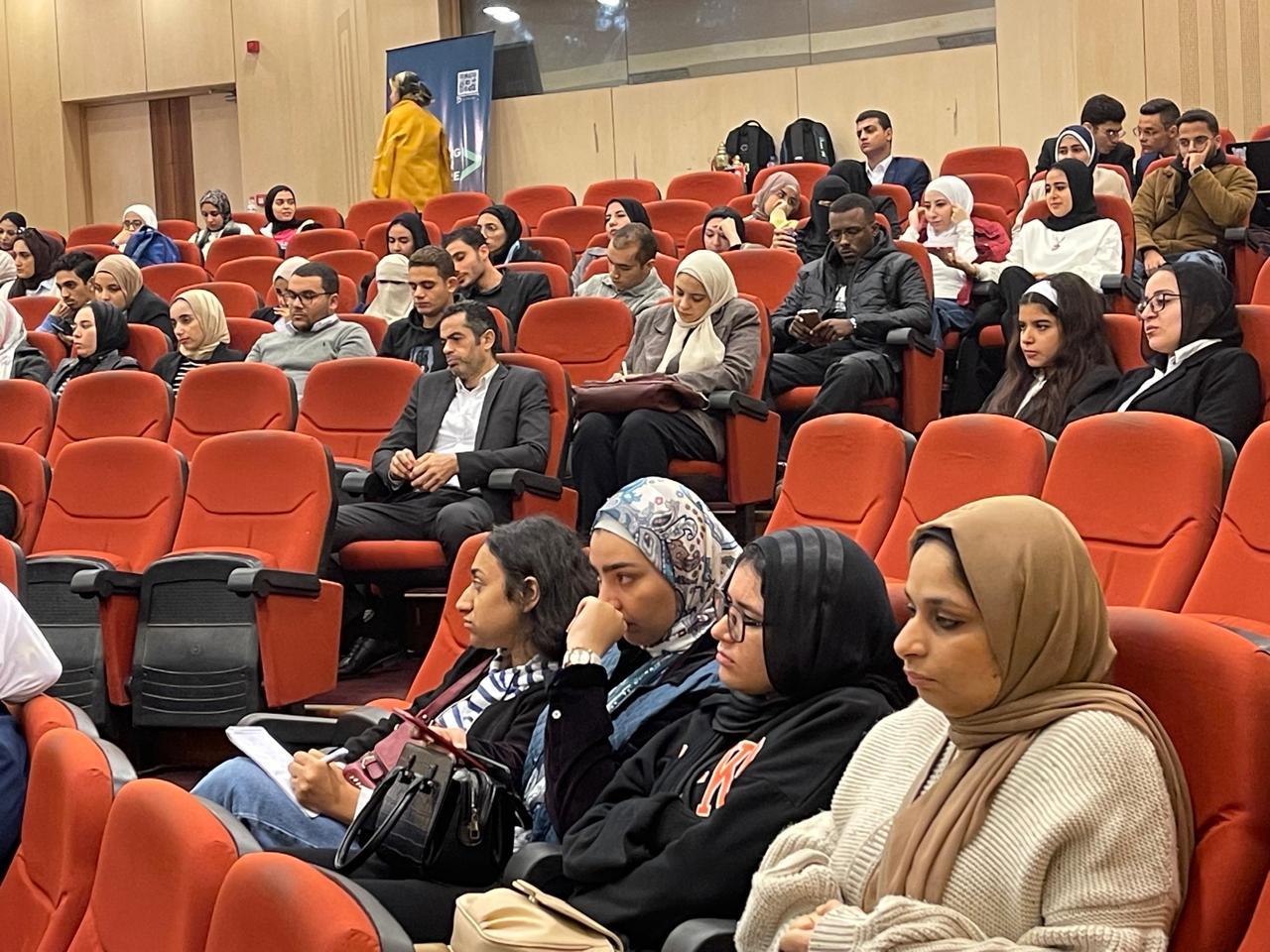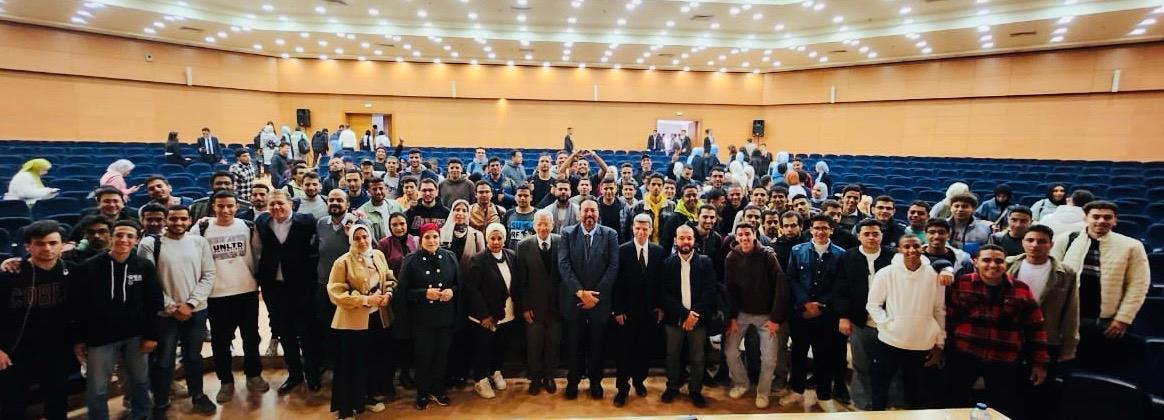- $27.8 bn excess working capital is currently trapped on regional corporate balance sheets
- Almost half (49.5%) of the companies in our study ended 2020 with a year-on-year improvement in working capital performance measured by NWC days
- Top working capital performers in our study were able to achieve twice the return on capital employed (RoCE) than those that were bottom working capital performers
- Outstanding working capital performance, defined as companies that have improved working capital for three consecutive years, is represented by only 7% of companies in our study.
By ; Bakinam Khaled
PwC Middle East launched today its “2021 Middle East Working Capital Study”. The study highlights the importance of working capital efficiency as a key metric of corporate competitiveness and how, now more than ever, working capital management should be seen as a strategic priority for boards and management teams.
The financial efficiency of corporations in the region is declining just at the moment when efficient cash management and capital efficiency is most needed. Revenues declined across the region in the first half of 2020 by 14% (compared with the first half of 2019). Governments and companies in the region have taken different steps to support their working capital efficiency in response to the pandemic and the resulting shifts in consumer demands. Some sectors and some companies have rebounded stronger than expected, while others are still vulnerable.
With as much as $27.8 billion excess of working capital continuing to be trapped on the region’s businesses balance sheets and the long-term deterioration of other regional performance metrics such as EBITDA and RoCE, the opportunity cost of this excess working capital has never been higher. Recapturing this untapped working capital and employing it in financing internal growth, investing in innovation, or returning profits to shareholders can create an opportunity to optimise businesses’ balance sheets and support value creation.
Latest working capital trends
Although Net Working Capital days (NWC) remained unchanged in FY20, it continued to show an overall declining trend over the past five years. The working capital performance of companies in our study has been marked by a significant increase in the days payable to creditors. Furthermore, the speed at which companies were able to collect cash has deteriorated in 2020, reaching the weakest point in the last five years at an average 99 days to get paid after an invoice is raised. This deterioration of working capital performance has been driven by a combination of factors, but a lack of liquidity and cash-flow uncertainty as a result of the pandemic are two primary factors.
Working capital by company size, country and industry
The largest companies continue to perform significantly better than smaller groups and are three to five times faster when it comes to converting cash. Despite this, the pandemic’s implications have affected working capital during 2020 for all companies regardless of their size. Those companies that had invested in their people's capabilities and technologies were more able to adapt their operations quickly and accordingly, cope better.
Saudi Arabia continues to be the country with the longest working capital cycle across the region. While UAE’s working capital performance has finally seen a reversal after deteriorating since 2015. UAE and Qatar have shown a slight deterioration year-on-year in working capital performance despite some improvements in some companies which have compensated for the negative operational performance in both countries.
Reflecting on working capital in industries, the Engineering and Construction sector continues to have the highest average level of working capital, followed by Pharmaceuticals and Life Sciences. While the Hospitality & Leisure sector had the second worst year-on-year performance in 2020 impacted by the global COVID-19 travel restrictions and lock down measures. Also, the Healthcare sector was one of the key sectors which were impacted by the COVID-19 pandemic and it has seen a significant deterioration, despite benefiting from COVID-19 testing and patient visits
Mihir Bhatt, Director, PwC Middle East, said: “As activities resume to pre-COVID-19 levels, we expect to see reinvestment back into working capital and renewed short to medium term upward pressure on average working capital days. This means that those companies with a clear strategy for where to invest and how to govern their enterprise-wide working capital will be at a significant competitive advantage.”
Mo Farzadi, Business Restructuring Services Leader, PwC Middle East, said: “Supply chain and inventory optimisation remain an area of significant opportunity for companies not only to optimise the capital efficiency but also address cost efficiencies contributing to the bottom line of the business.”









